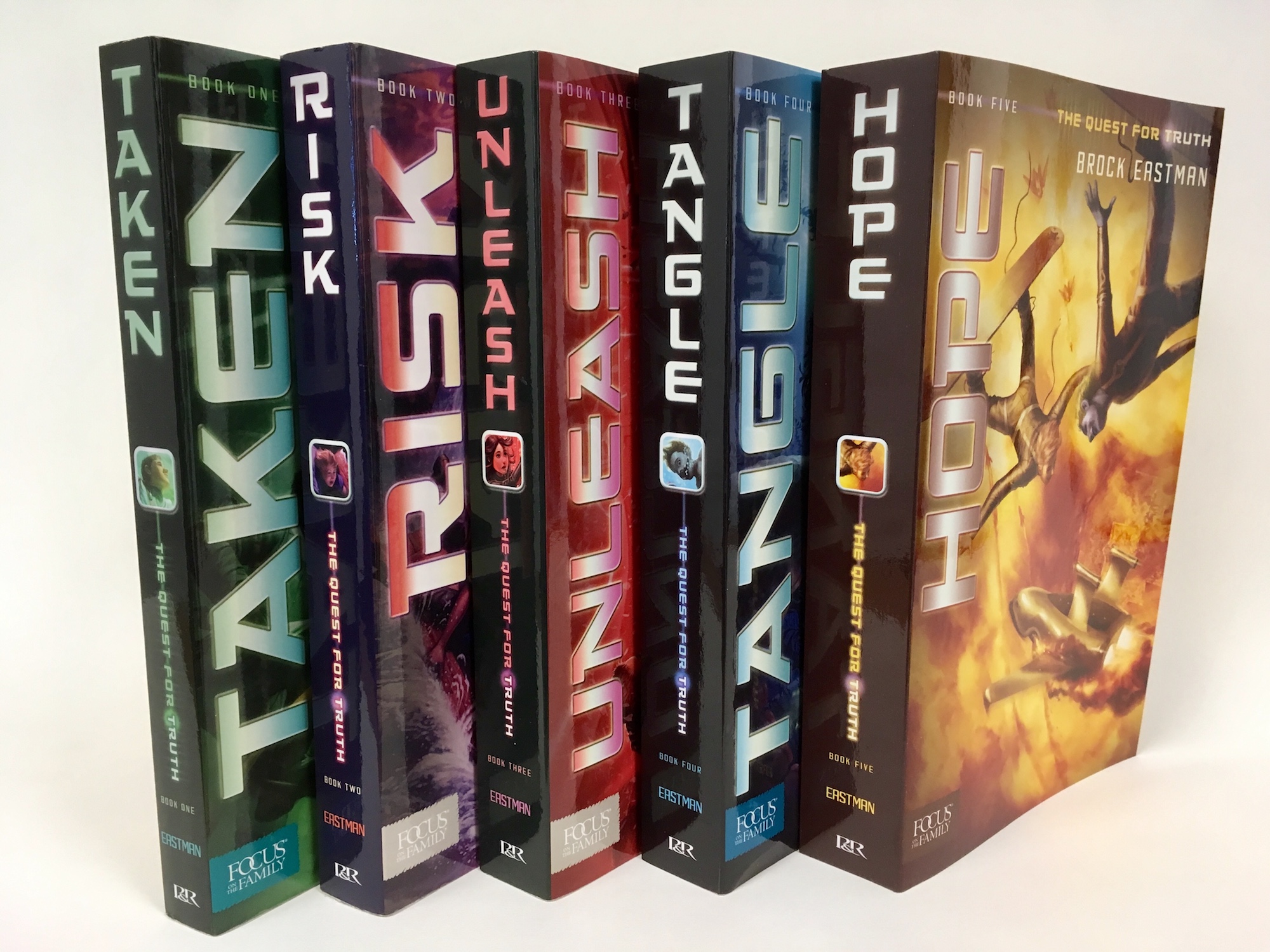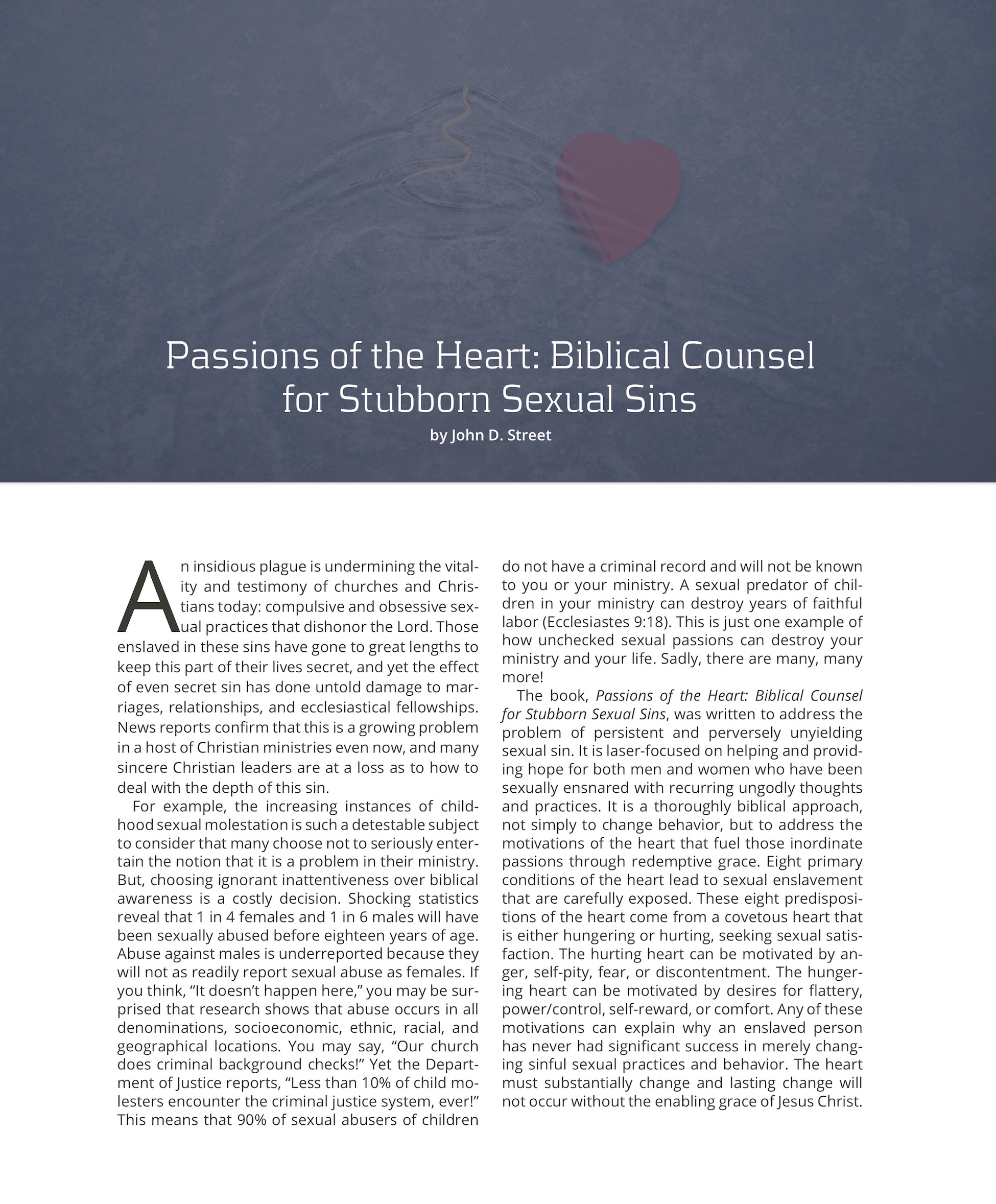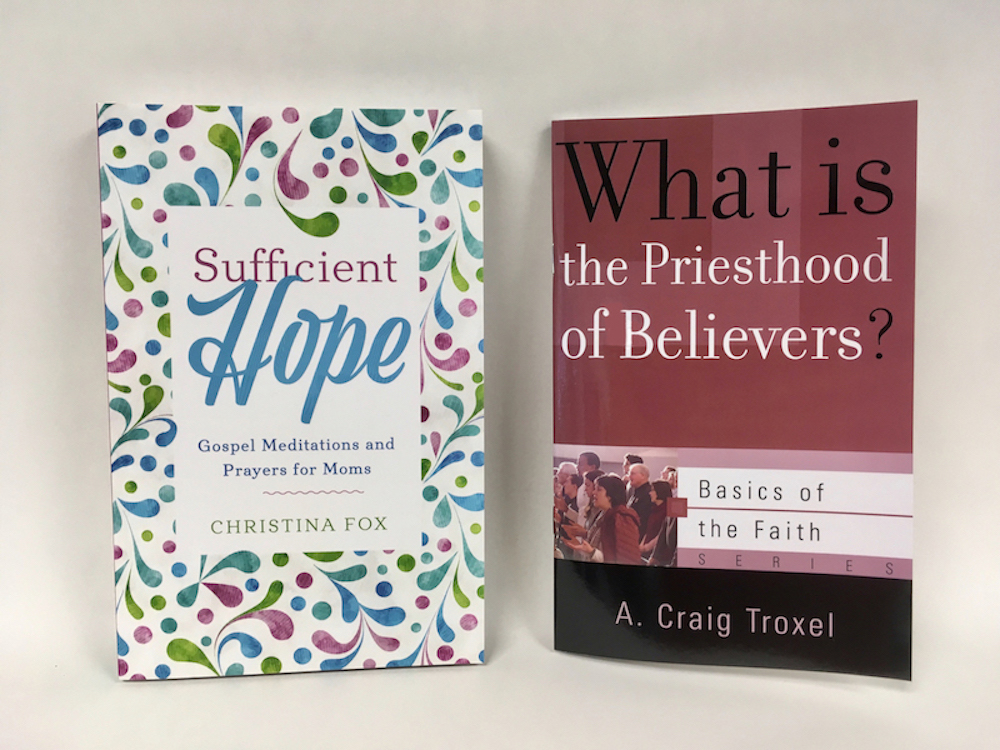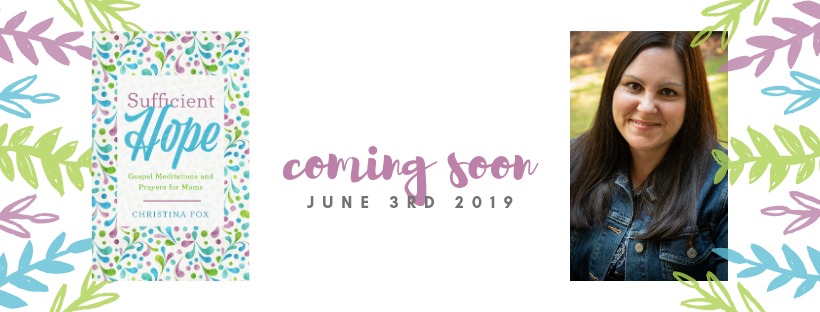Below is an excerpt taken from Indispensable: The Basics of Christian Belief by David Cassidy.
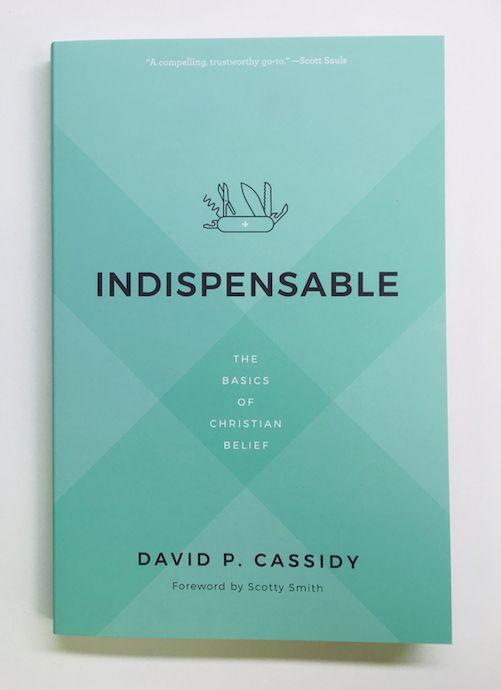
“IT IS FINISHED!”
At the heart of the Christian message are the explosive words Jesus uttered as he died on a Roman cross in the first century. “It is finished!” he exclaimed ( John 19:30)—and at those words the earth shook, time as we know it split in two, and the relationship between God and people changed forever.
In essence, “It is finished” was Jesus’s own declaration that the debt his people owed for their treason against God had been completely satisfied by his perfect life and sacrificial death. Their debt was paid in full. In his love for us, he paid the penalty that we couldn’t possibly discharge. He lived the life that we should have lived but couldn’t and died the death that we deserved to die but didn’t. Those words and that cross, a symbol of fear and horror to ancient people, became the Good News—indeed the best news that anyone had ever heard. God was in Christ reconciling the world to Himself, not counting their trespasses against them,” Paul would later write (2 Cor. 5:19). The sign of fear became the emblem of hope, and the words of a dying man were a life-giving announcement from God himself.
How could this be? Because after uttering those words as he hung on a cross on a Friday afternoon, Jesus rose from the dead on Sunday morning. Jesus’s resurrection wasn’t merely God’s exclamation point on Jesus’s words, or even the vindication of Jesus and his suffering. In the resurrection, God announced the defeat of death and the grave; he liberated people who through the fear of death had been living as slaves; he reversed the curse of the catastrophe that had befallen and bedeviled the human race and the planet and entire cosmos.
Because of what Jesus did on Friday afternoon and what happened to him on Sunday morning, we can be certain that our sins are forgiven, that we are beloved of God, that our hope for the eternal future is secure, and that our world, broken and bruised by the wounds we inflicted on it, will be healed and restored. This is the indispensable heart of Christianity.
“IT IS DONE!”
That ultimate recovery of everything that has been lost, the healing of everything that is now broken, is at the core of Jesus’s words at the end of history, recorded in Revelation. “It is done!” Jesus cries (Rev. 21:6), putting the final touches on redemptive history and bringing to a bright and brilliant conclusion the loving work he undertook so long ago. It’s the ultimate Hollywood ending: the Champion vanquishes evil and gets the gal. The church is his bride, and we are invited to the “marriage banquet” to live in the celebratory love of our Savior for all eternity. In Tim Keller’s words, it’s the day when through “the Gospel, because it is a true story . . . all the best stories will be proved, in the ultimate sense, true.”*1
INDISPENSABLE CHRISTIANITY: LIVING IN THE SPACE BETWEEN
We live in the space between “It is finished” and “It is done.” What God has finished through Jesus’s death and resurrection, and will bring to culmination in the coming kingdom of Jesus, is cause for immeasurable joy and thanks. We have faith in what God accomplished on the day Jesus cried, “It is finished.” We also have faith that the day will come when we hear Jesus say, “It is done.” What we have to figure out is how to live by faith in between those two days—in the space between the now of “It is finished” and the not yet of “It is done.” We live in the meantime—and it’s an awfully mean time at times.
Given our place in this story, the question that was asked so well by Francis Schaeffer arises: “How should we then live?” How do we live here and now in the light of gospel promise and gospel hope? After all, so much pain surrounds us, and our world groans under the weight of tremendous injustice. Poverty remains unchecked in much of the world; weapons of mass destruction may be unleashed; disease and plague prey on many; the planet itself is undergoing significant shifts that affect people and animals of all kinds. Violence fills the streets and screens. Chaos and tragedy befall all. Earthquakes and tsunamis swallow cities. Sexual violence and confusion abound. Opiate addiction and suicide are on the increase. Christians are beheaded and crucified by Islamic extremists. Advances in science inevitably raise challenging issues, from pursuing “designer children” and abortion to extending a life when the body and brain seem to be past their expiration dates. We find ourselves baffled by questions that seem unanswerable.
We see our children abandoning the faith that prayerful parents sought to nurture in their souls. We see marriages of many years unexpectedly dissolving and once-full churches emptying out. We see charlatan preachers offering magic cures and quick fixes that seduce the unguarded and produce in many others a jaundiced cynicism about the church. We see the places that we expected to be shelters in the storm turned into harbors where dangerous men with dark hearts prey on vulnerable children.
When we look within, we see our own legions of lust, fear, greed, anger, and despair still standing strong at the gates of our minds—and calling for reinforcements.
How do we live in such a time as this?
“I AM WITH YOU ALWAYS”
In point of fact, as vexing as this is, the situation these days is no different than it has ever been. Violence and warfare, poverty and disease, persecution and perversion, hypocrisy and hype have marred our world since the human story began. The church has endured challenge for two thousand years, and it will continue to do so. In fact, it has faced these threats and welcomed them, discovering through its martyrs the courage of resilient faith. Along its often difficult journey, the church has, in its better days, embraced the call to care for the weak and sick and, through its educational endeavors, offered light to drive back the darkness of ignorance and fear. The church has reclaimed areas that it once lost. Even when it is displaced in one region, it continues to expand in others.
How should we then live? Perhaps the question can arise from a more hopeful place. A heart-changing experience of Christ’s powerful presence in our lives is essential for us in the meantime. By this I don’t mean a light-hearted, jovial approach to the faith that smiles and says nothing in the face of trials or that chooses to dance when weeping is called for. What I do mean is a living awareness of the nearness of Jesus in our deepest trial and sorrow, of his grace for us in our great need, of his strength that matches our well-known weakness. It means that we live with the awareness that he is with us in all places and at all times. That’s especially true when we may not have a sense of his nearness.
Think of Joseph, the son of Jacob, whose dream led to the deliverance of so many people—including his own brothers, who treated him with such treachery. Joseph waited so long for his vision to be fulfilled. “The Lord was with Joseph,” the Scriptures say (Gen. 39:2) as they record his years of rejection, imprisonment, and humiliation. God was with him!
Or consider the friends of Daniel, who were thrown by King Nebuchadnezzar into the flames of a furnace in Babylon for their refusal to bow down and worship an idol (see Dan. 3). Peering into the conflagration, the king saw not only the three men whose deaths he’d ordered alive and well, but also another presence who was walking with them in the flames.
Between “It is finished” and “It is done,” we live, Peter tells us, as exile people—as those who are on a journey to our home and are living that journey before the eyes of others (see 1 Peter 2:11–12). And on the journey, God is with us. The great poet T. S. Eliot was not unfamiliar with despair and painful loss. He also knew that, as we go through life’s bitter struggles and challenges, we are not alone. Recounting the terrors that befell the members of Shackleton’s expedition to the Antarctic and their recorded experience of an unaccounted-for companion as they trudged through the howling wind, Eliot wrote,
Who is the third who walks always beside you?
When I count, there are only you and I together
But when I look ahead up the white road
There is always another one walking beside you
Gliding wrapt in a brown mantle, hooded
I do not know whether a man or a woman
—But who is that on the other side of you?2
We have a long road ahead, personally and collectively. We have suffering to endure and doubts to be overcome. We have difficult questions to answer and difficult seasons ahead for whole nations, churches, and families. Disease will make its presence felt. Doubts will crowd in. Death will lurk close at hand. Cultural collapse in the West shows no signs of abating—the winds will blow; the rain will beat down; the floods will rise. One cannot help but think that there is, in James Taylor’s words, more “fire and rain” on the horizon.
Will the house stand? That all depends, as Jesus said, on whether or not we build our lives on the truth of his Word and commit our lives to that Word as the path we will travel (see Matt. 7:24–27). If we do, then the experience of Eliot will belong to others, too. As they see us walking in the Way, they too will note the presence of another. Nothing then could be more indispensable than a vibrant and deeply rooted Christian faith. We first start to make this faith our own by turning our gaze on the wonder of the one who promises to be Immanuel—God with us.
*1. Timothy Keller, Hidden Christmas: The Surprising Truth Behind the Birth of Christ (New York: Viking, 2016), 28.
*2. T. S. Eliot, “The Waste Land,” in Collected Poems: 1909–1962 (New York: Harcourt Brace & Company, 1964), 67.

